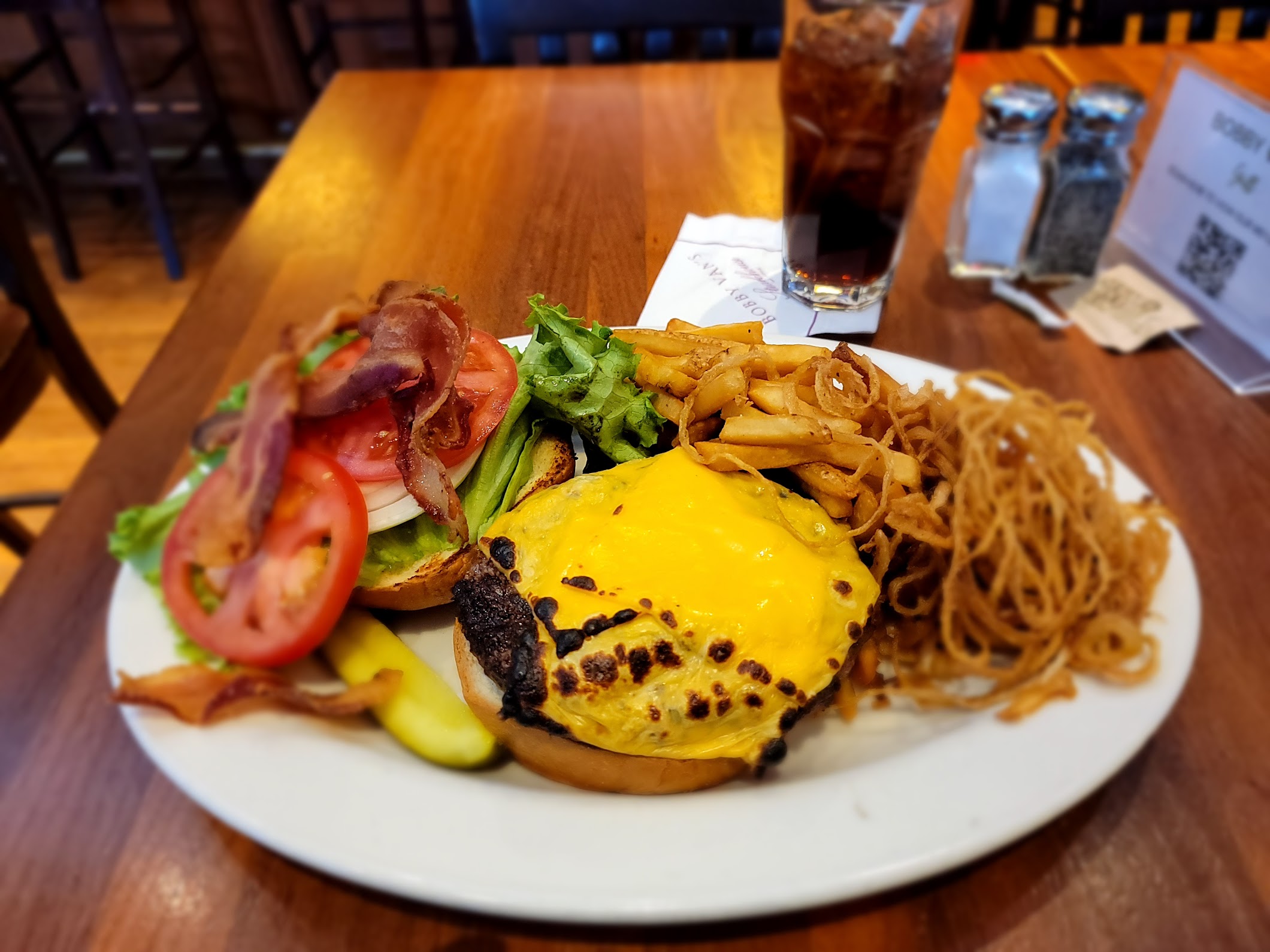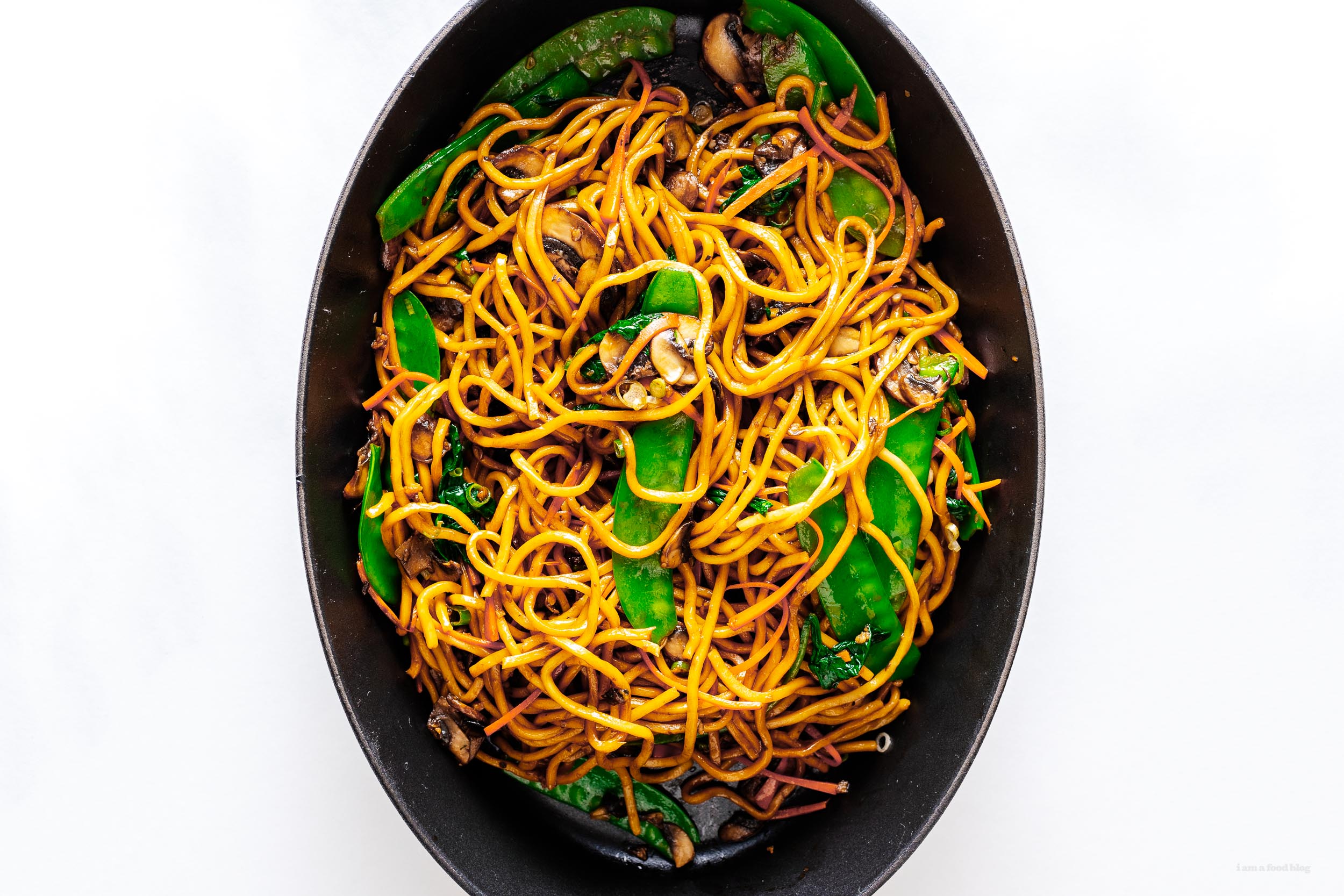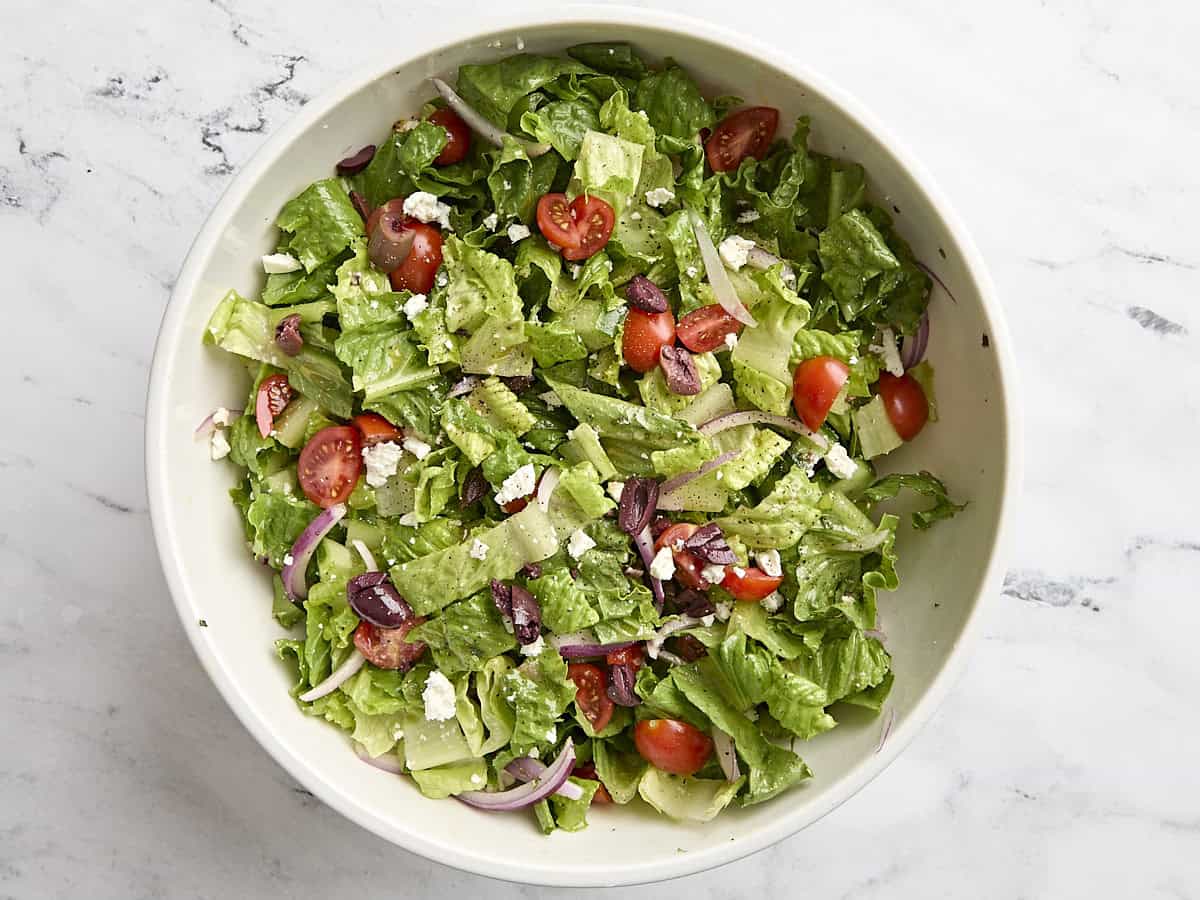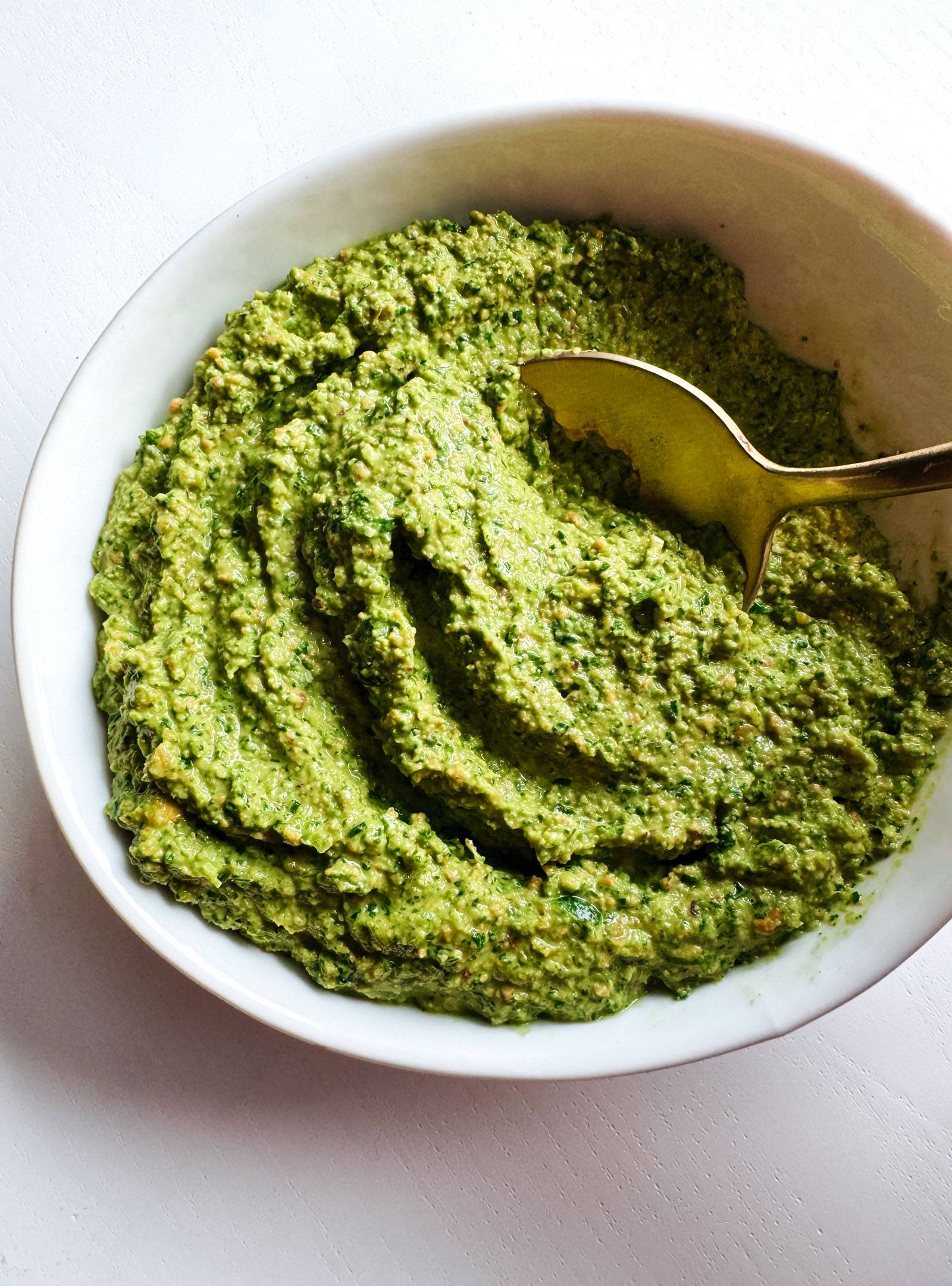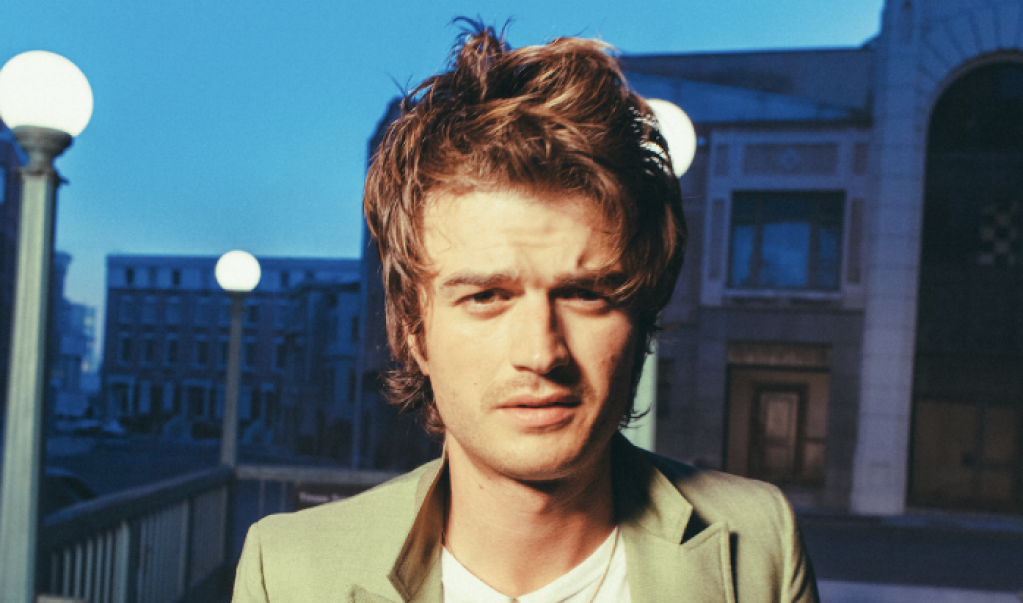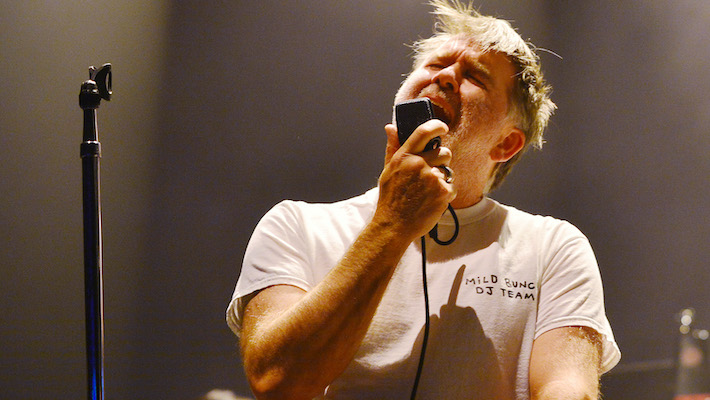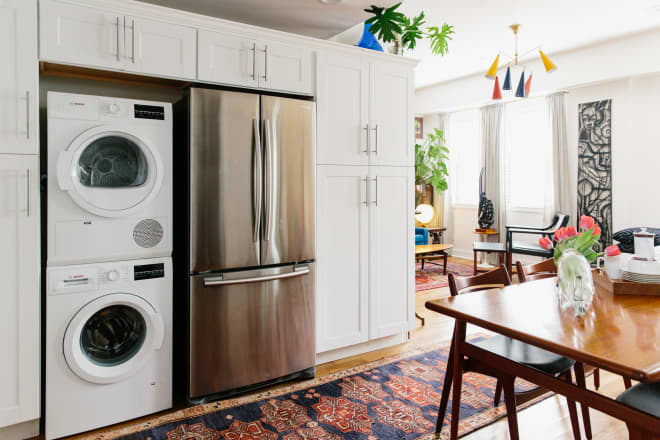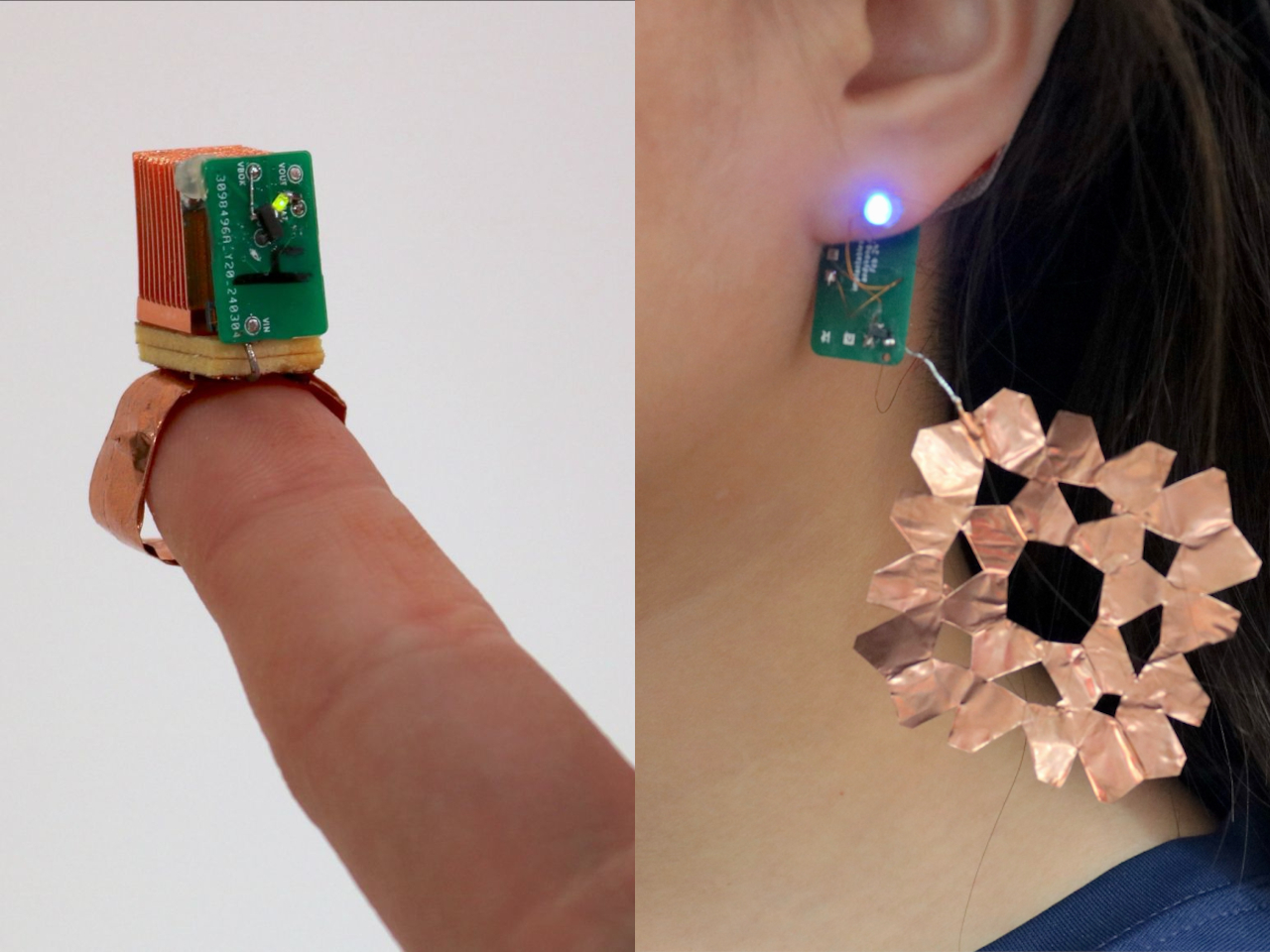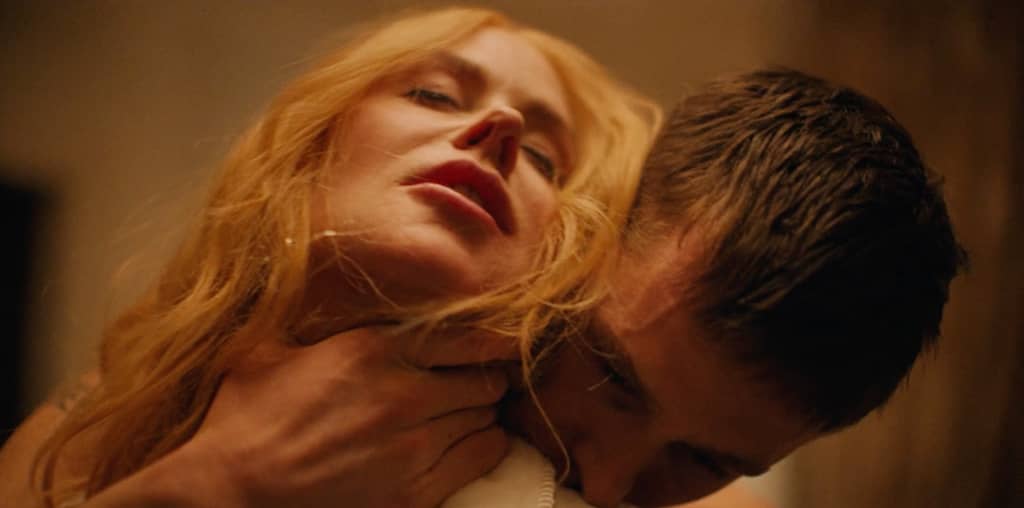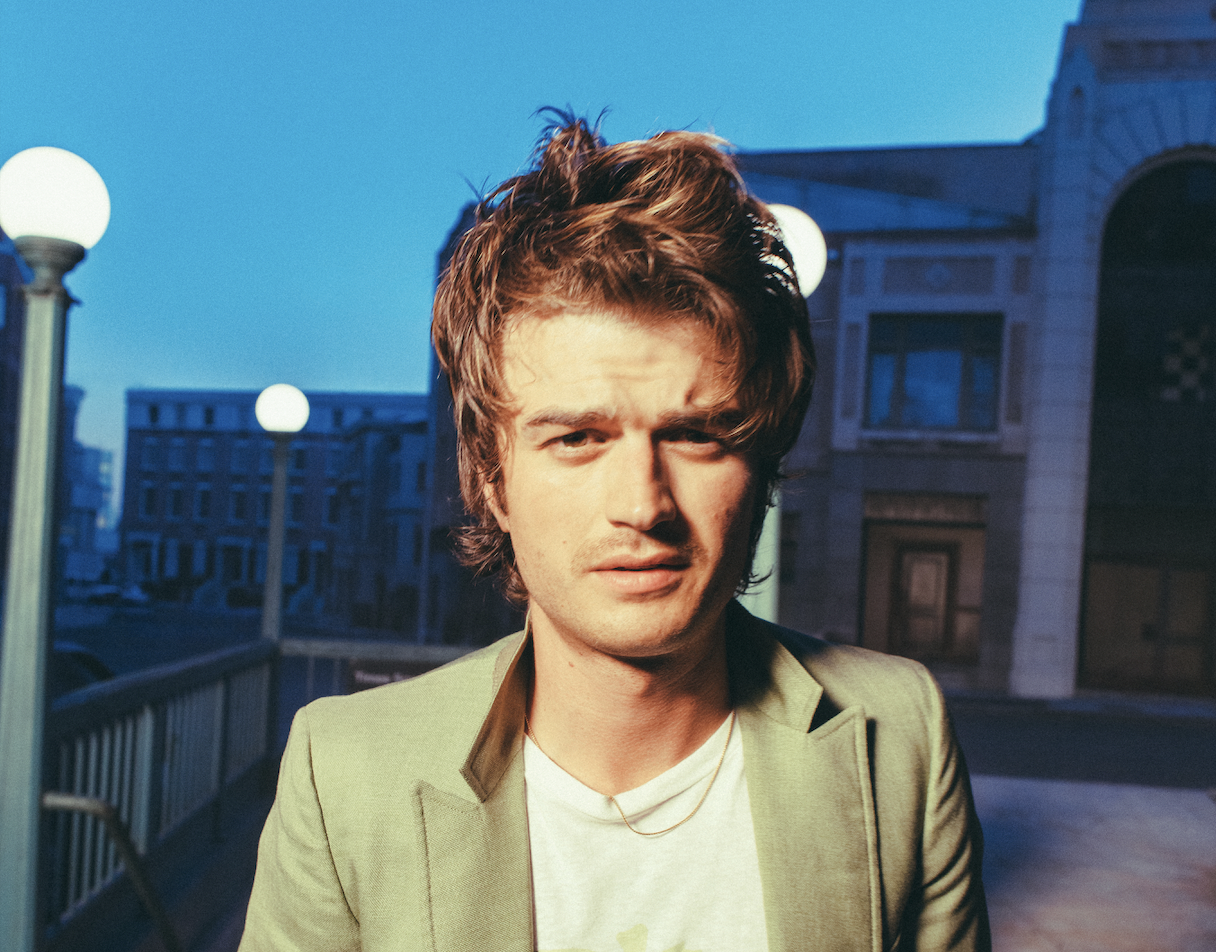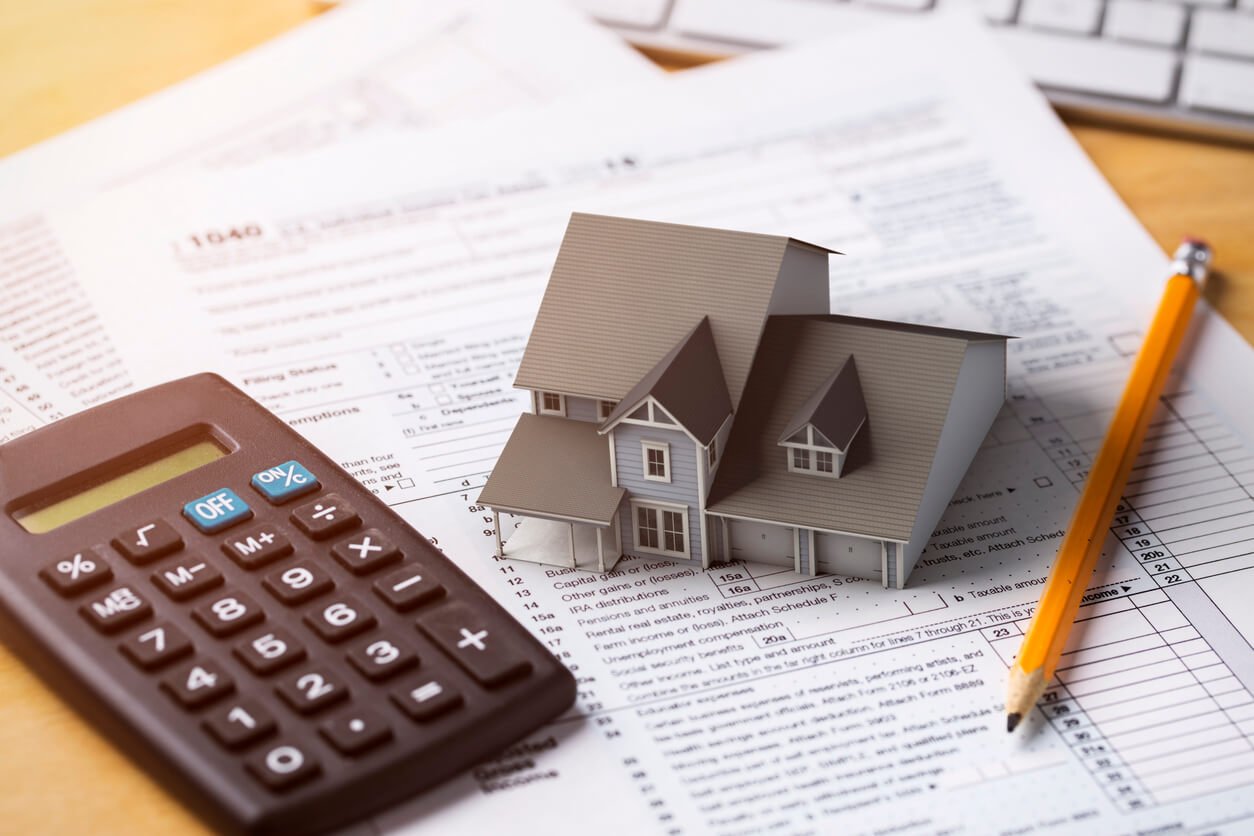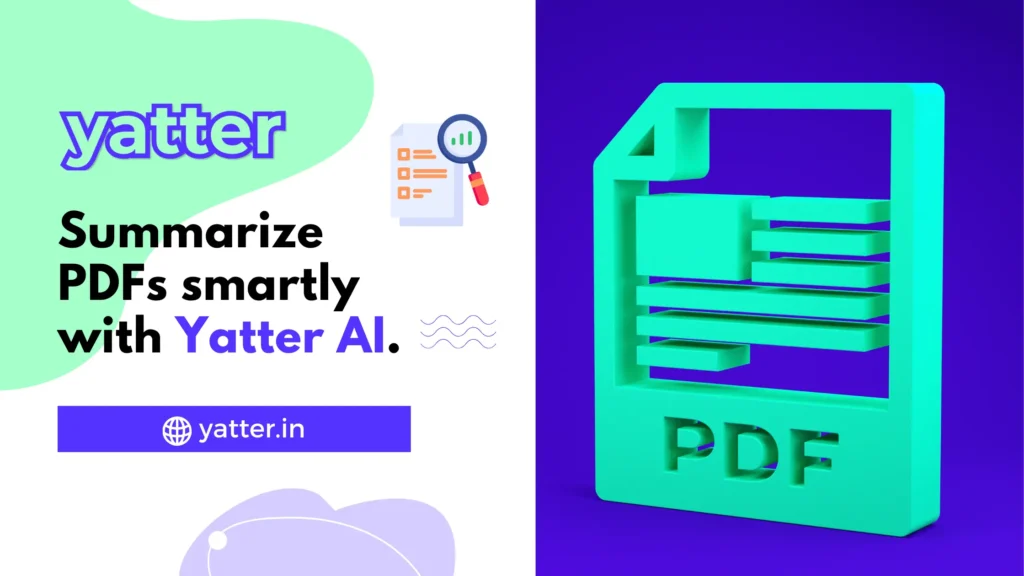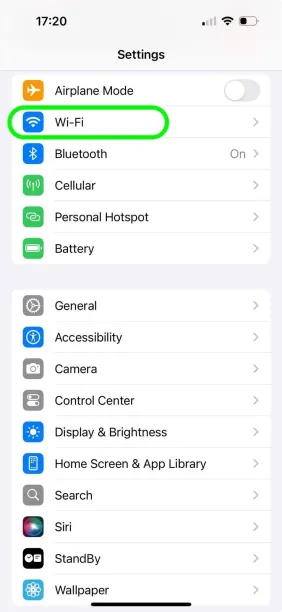I was a 'clean eating' blogger obsessed with being healthy. Here's how I stopped food taking up my thoughts after I became a psychologist.
Now an eating disorder psychologist, Rachel Evans advises clients to view online health content through a critical lens.
Rachel Evans
- Consuming diet and false nutrition content online is part of what led Rachel Evans to develop an eating disorder.
- She became an advocate of "clean eating," a trend she now criticizes for being restrictive.
- Now an ED psychologist, she advises clients to view online health content through a critical lens.
This as-told-to essay is based on a conversation with Rachel Evans, 34, a chartered psychologist who lives in the UK. The following has been edited for length and clarity.
There's often no single reason why a person develops an eating disorder, but viewing misleading nutrition information on social media contributed to mine.
Through my recovery and training to become an eating disorder recovery psychologist, I learned ways to navigate the treacherous online health space and free myself from restrictive eating.
Growing up in the 90s, I read about celebrity diets and workouts in magazines and thought I should copy what they were doing.
It got worse when social media became a part of my life. In 2012, when I was studying psychology at university, Instagram was becoming popular, and the "clean eating" trend was everywhere.
Some clean-eating influencers would promote certain types of food as "good" and "bad," and make extreme claims like saying you should eat foods in a certain order.
Some of the messages had a kernel of truth to them, and the more I started to believe those, the more I started to believe the farfetched ones, too. The more I became obsessed with being healthy, the less critical I got.
I started to develop some health problems. My digestion was messed up, my hair was falling out, and I stopped having periods.
A number of other factors also contributed to my developing an eating disorder. By 2013, I was finishing my master's in health psychology, and I didn't know what I was going to do next. I based a lot of my self-worth on how well I did in my studies, and I was about to lose that stream of validation, so eating perfectly became a hobby I could get really good at.
I became a 'clean-eating' blogger
Rachel Evans
In 2014, I was living abroad in Singapore and working as a research assistant. At the time, I was maintaining a restrictive diet I had found on YouTube. My preoccupation with food was interfering with my life.
I went into therapy, which helped a bit as I managed to introduce more foods into my diet.
The "clean eating" trend was going strong at the time, and I started posting photos of what I ate on Instagram and created a blog. I amassed thousands of readers, had partnerships with popular brands, and I promoted protein powders and nut butters.
At the time, I thought I had recovered because I was better than I was at my worst, but looking back, I had once again set myself strict rules to follow. Behind the scenes, I was struggling with cycles of binge eating and purging. Rachel Evans
Once I decided I wanted to help other people, I knew I had to help myself first
In 2017, with the help of a coach, I decided that I wanted to become an eating disorder recovery psychologist. That was ultimately helpful to my recovery. Once I decided I wanted to help other people, I knew I had to help myself first.
I already had a strong foundation in this area, as I have a Ph.D. in the psychology of eating, habits, self-control, and behavior change from the University of Sheffield, UK. On top of that, I studied to become a master practitioner in eating disorders at the National Centre for Eating Disorders in 2018.
As I learned how to treat people with eating disorders, my relationship with food slowly got more flexible. I deleted the blog in 2020 because it no longer aligned with my views. Now, I post educational content on my Instagram with a more nuanced perspective.
When I was recovering, I spent less time on Instagram and unfollowed accounts that promoted the lifestyle I was trying to move away from.
Food no longer takes up much of my headspace. I try to cook from scratch when I can and eat enough fruits and vegetables every day, but I don't stress if it doesn't happen.
When I speak to my clients about navigating nutrition and diet content online, I tell them just because someone online presents something as a fact, that doesn't mean it's true, or true for you. They don't know you and your body better than you.
I remind my clients to take "what I eat in a day" videos with skepticism and that even if they eat and exercise like someone else, they still might not look like them because their genetics are different.
I also tell my clients to try to scroll less "mindlessly" and make sure they're thinking critically about what they see online.
What's Your Reaction?







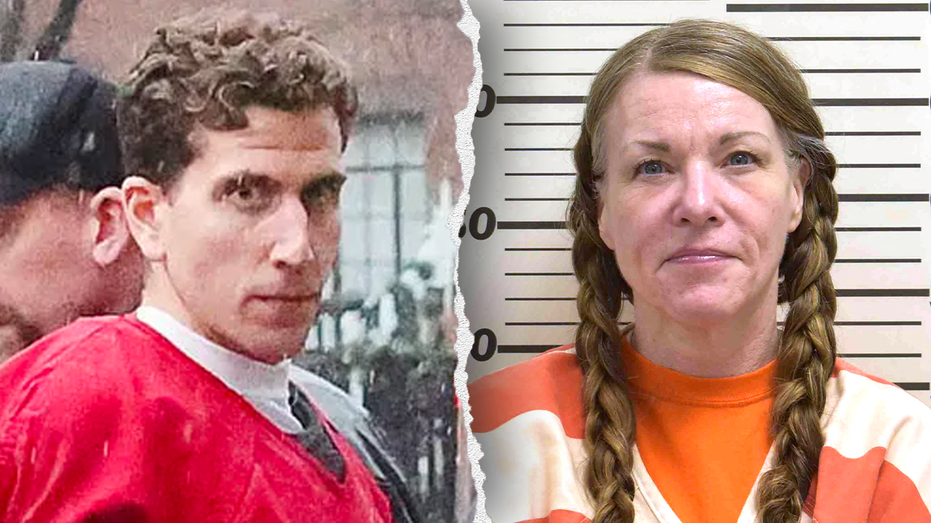
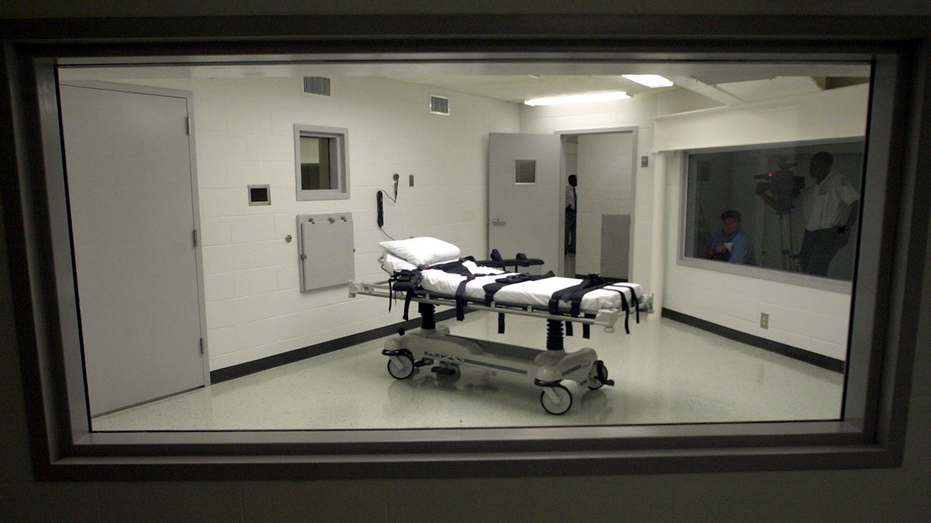
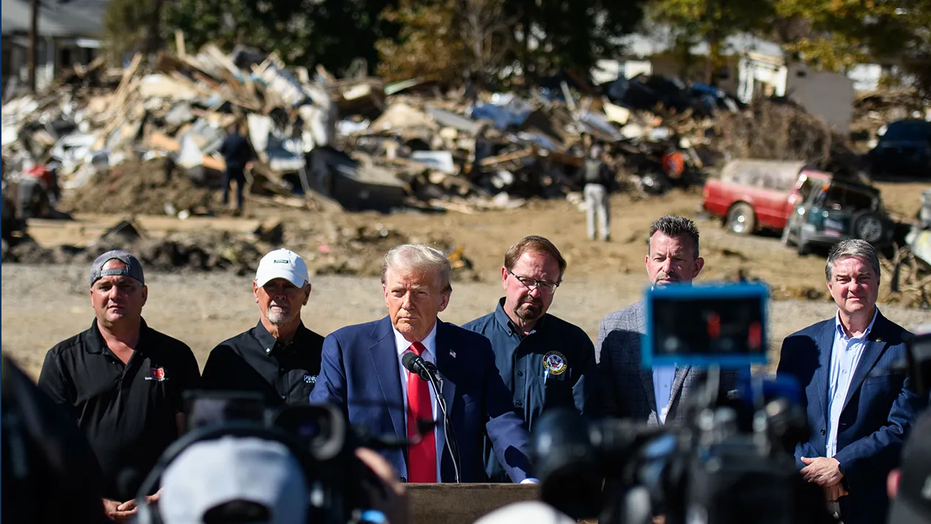
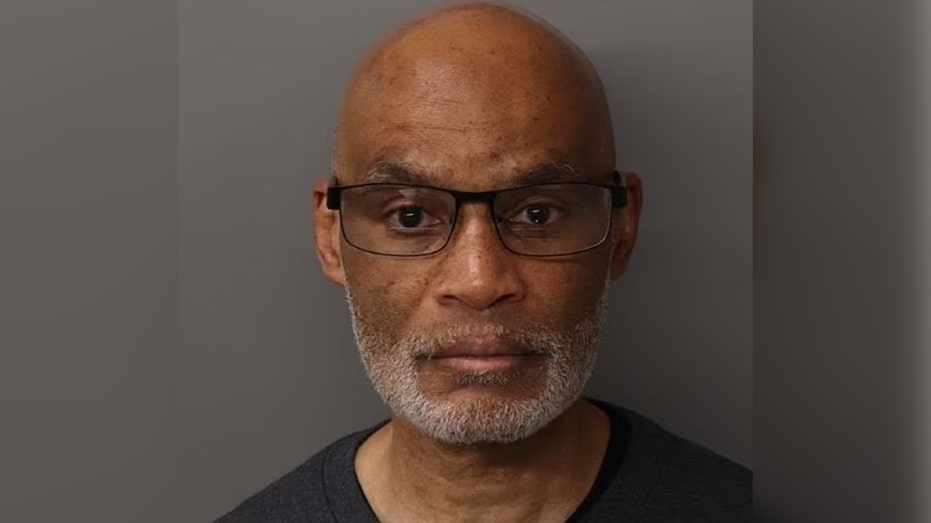
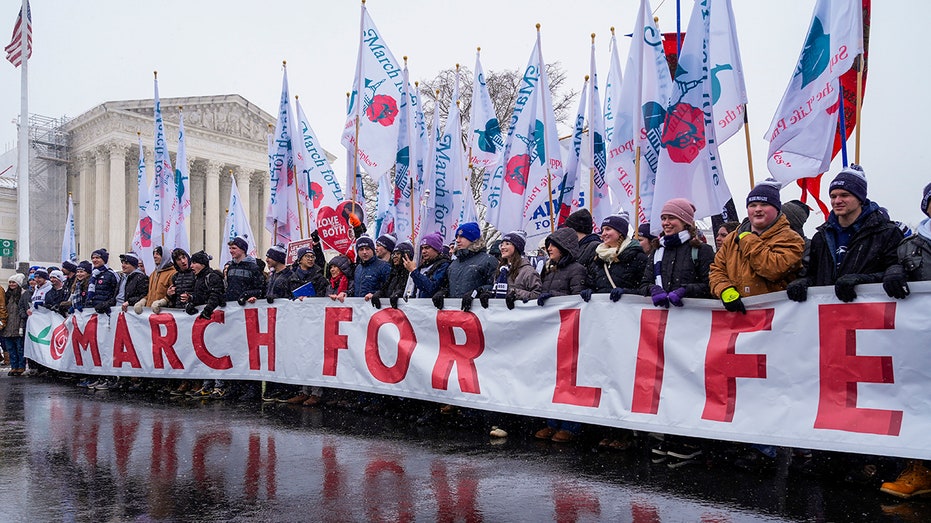
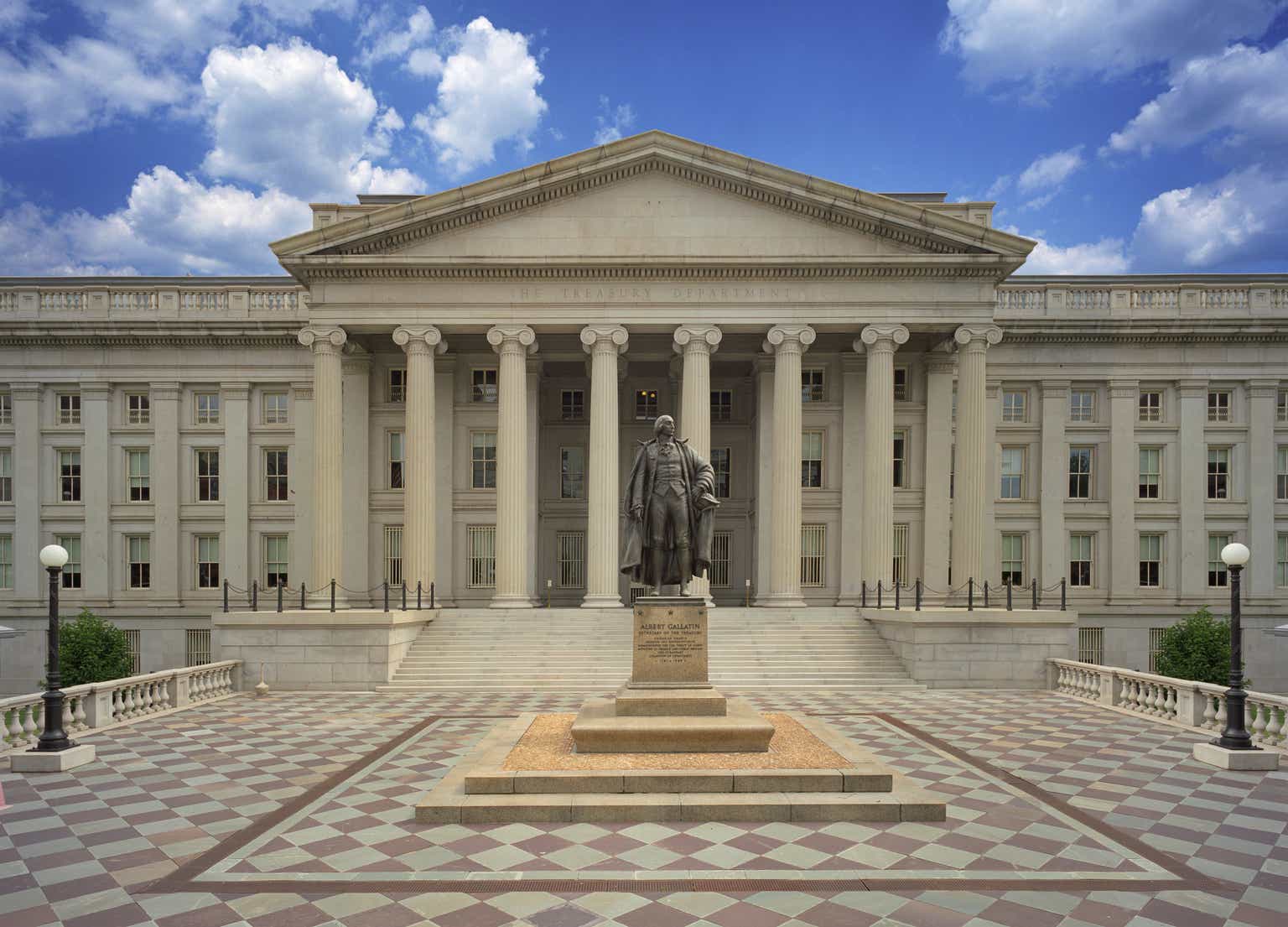


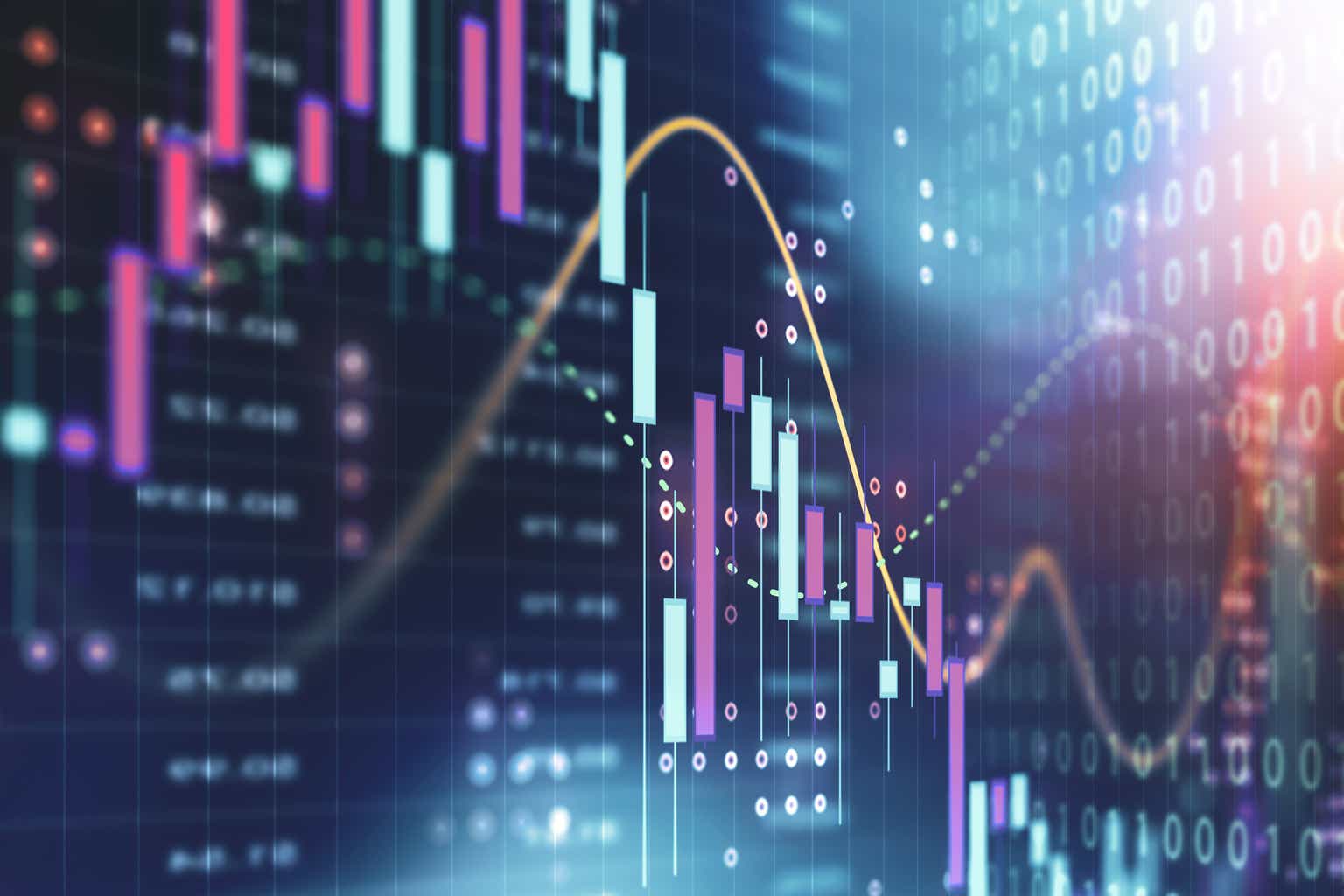










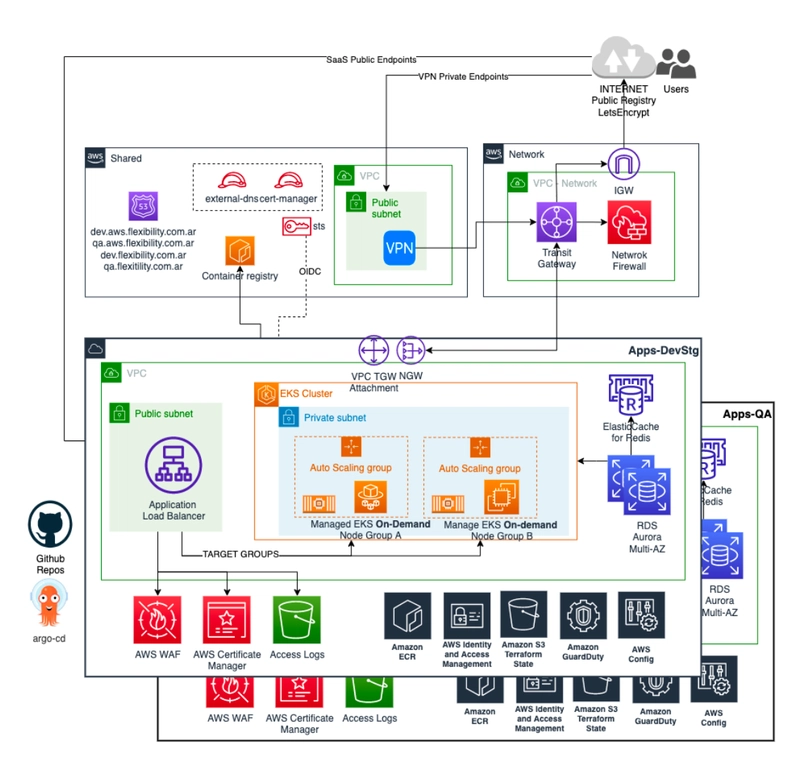
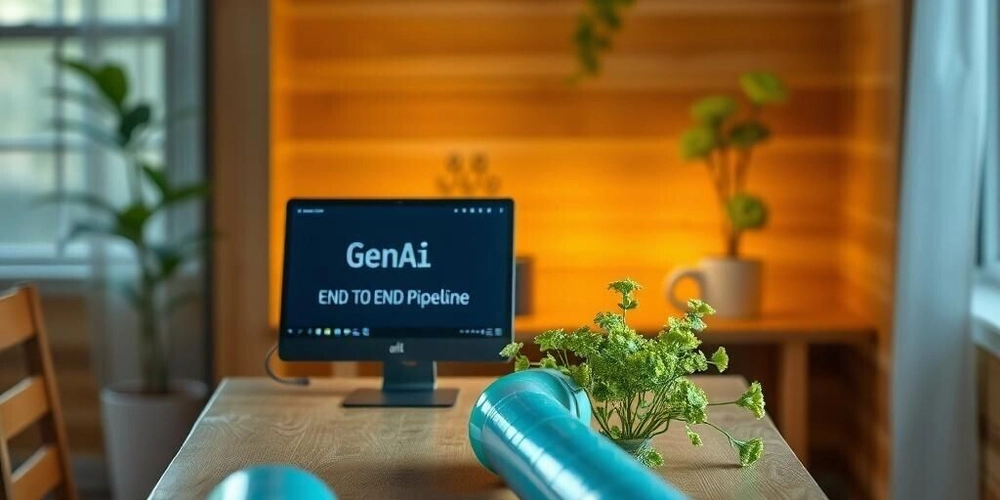
_Vladimir_Stanisic_Alamy.jpg?#)


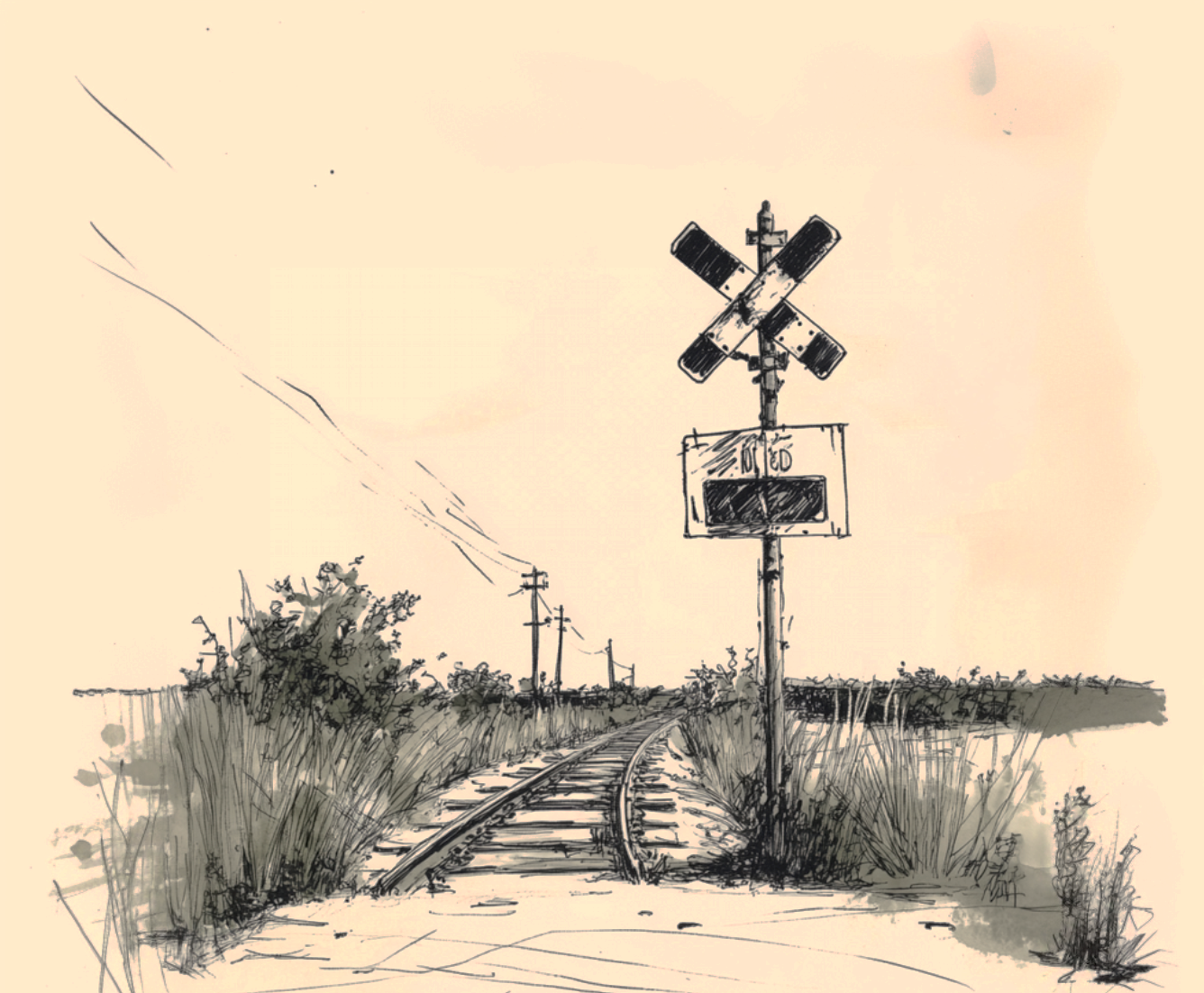
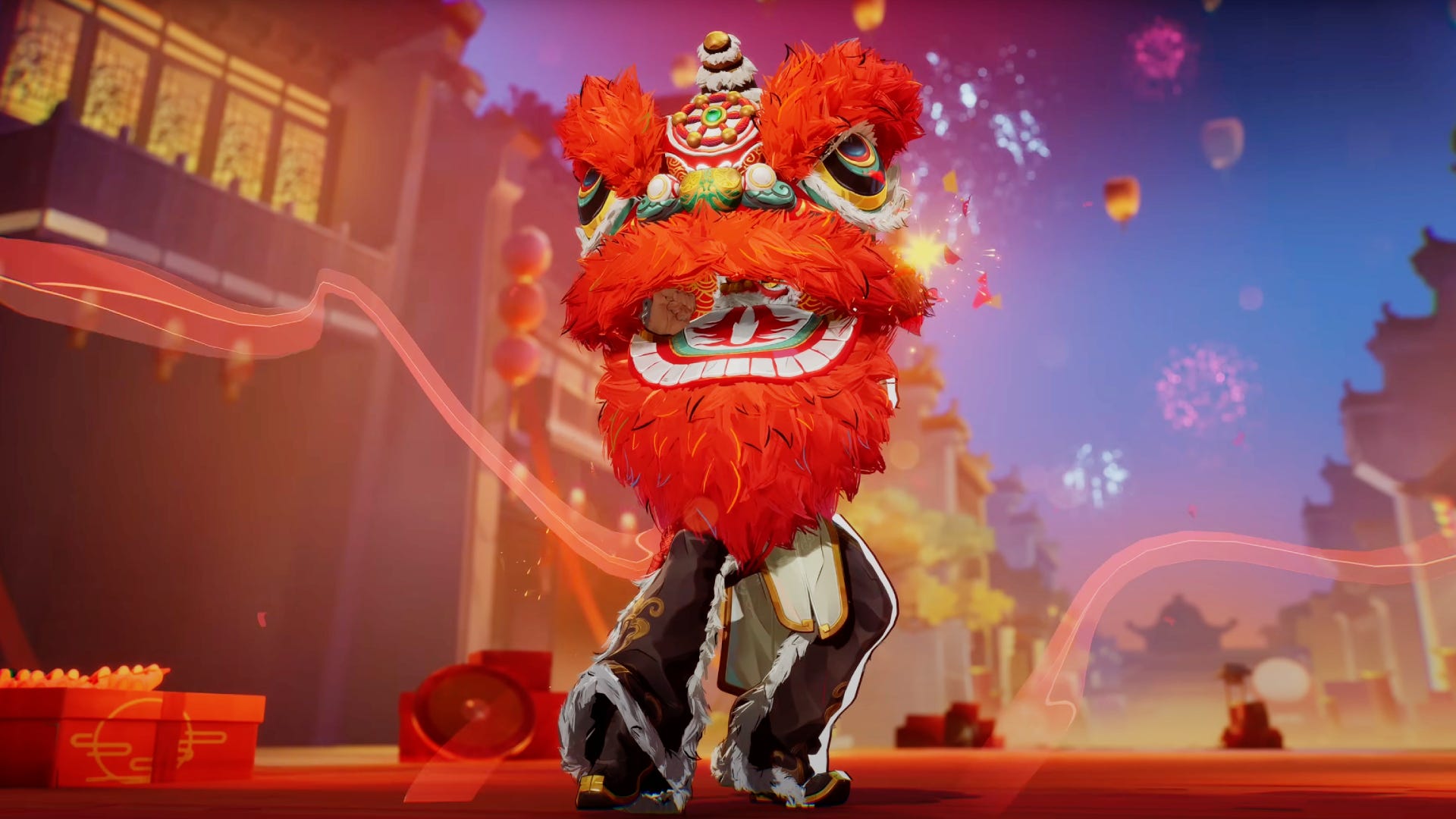

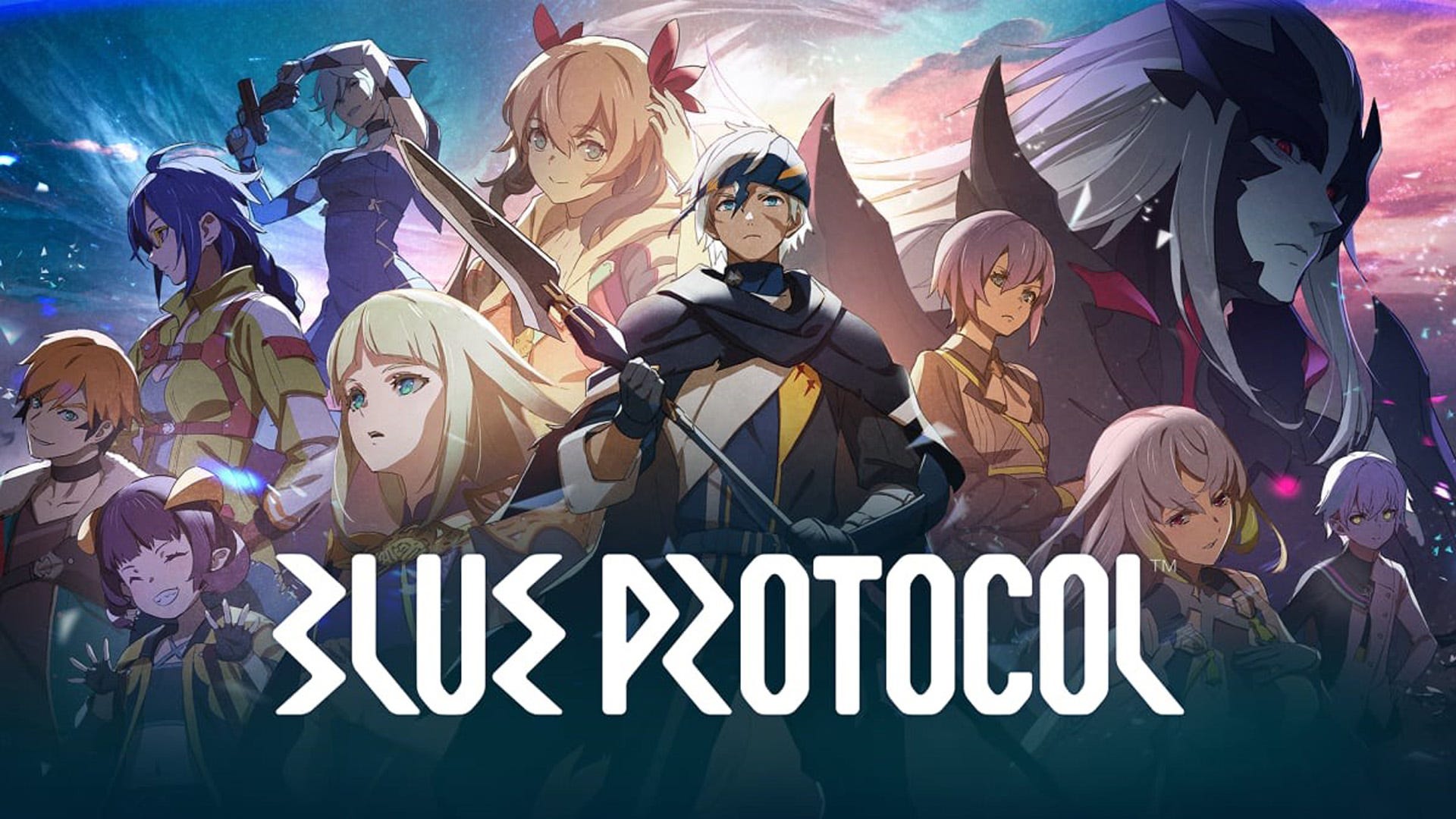
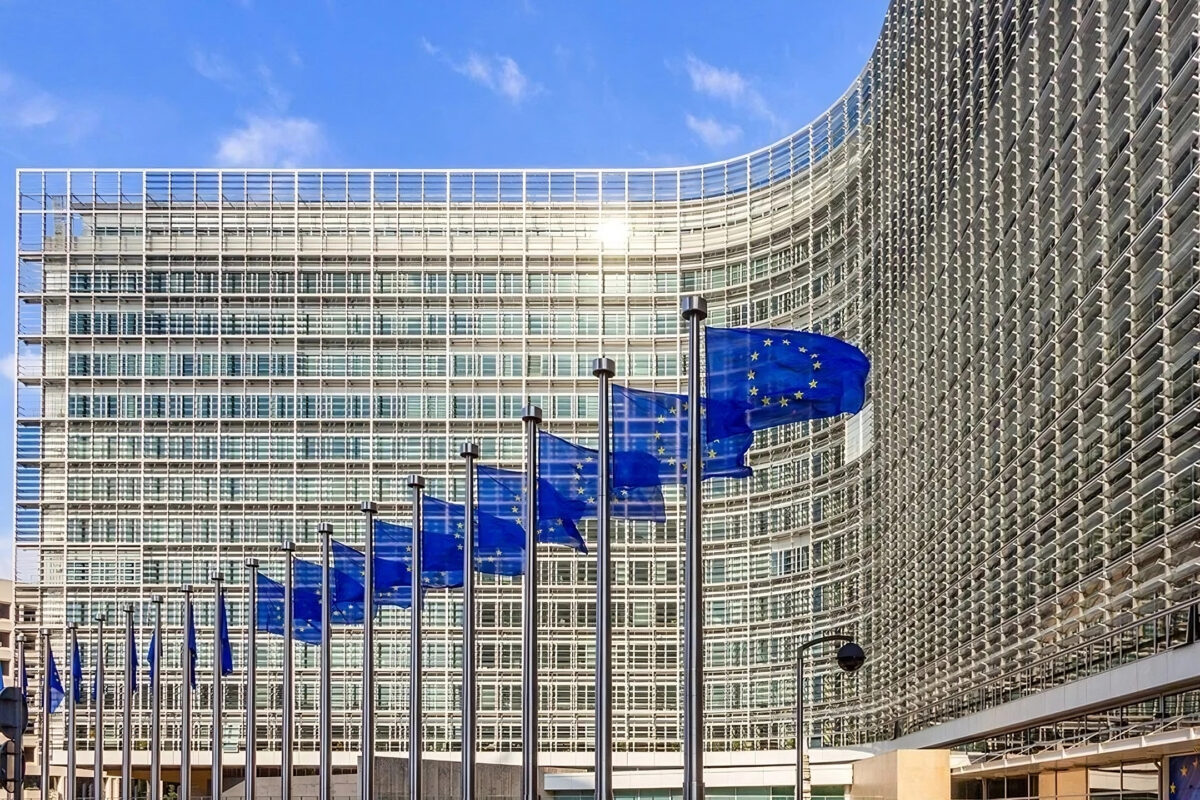
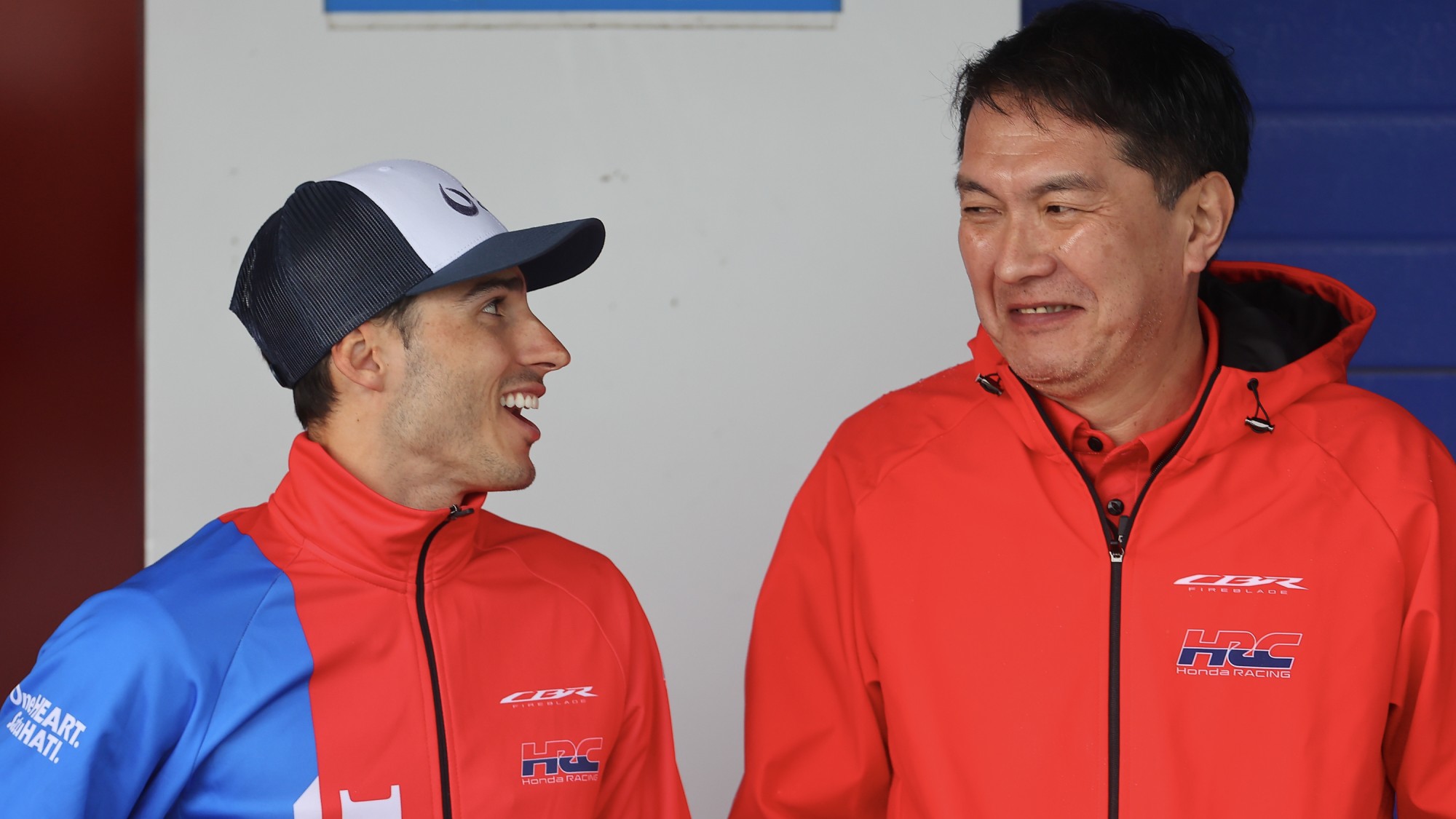








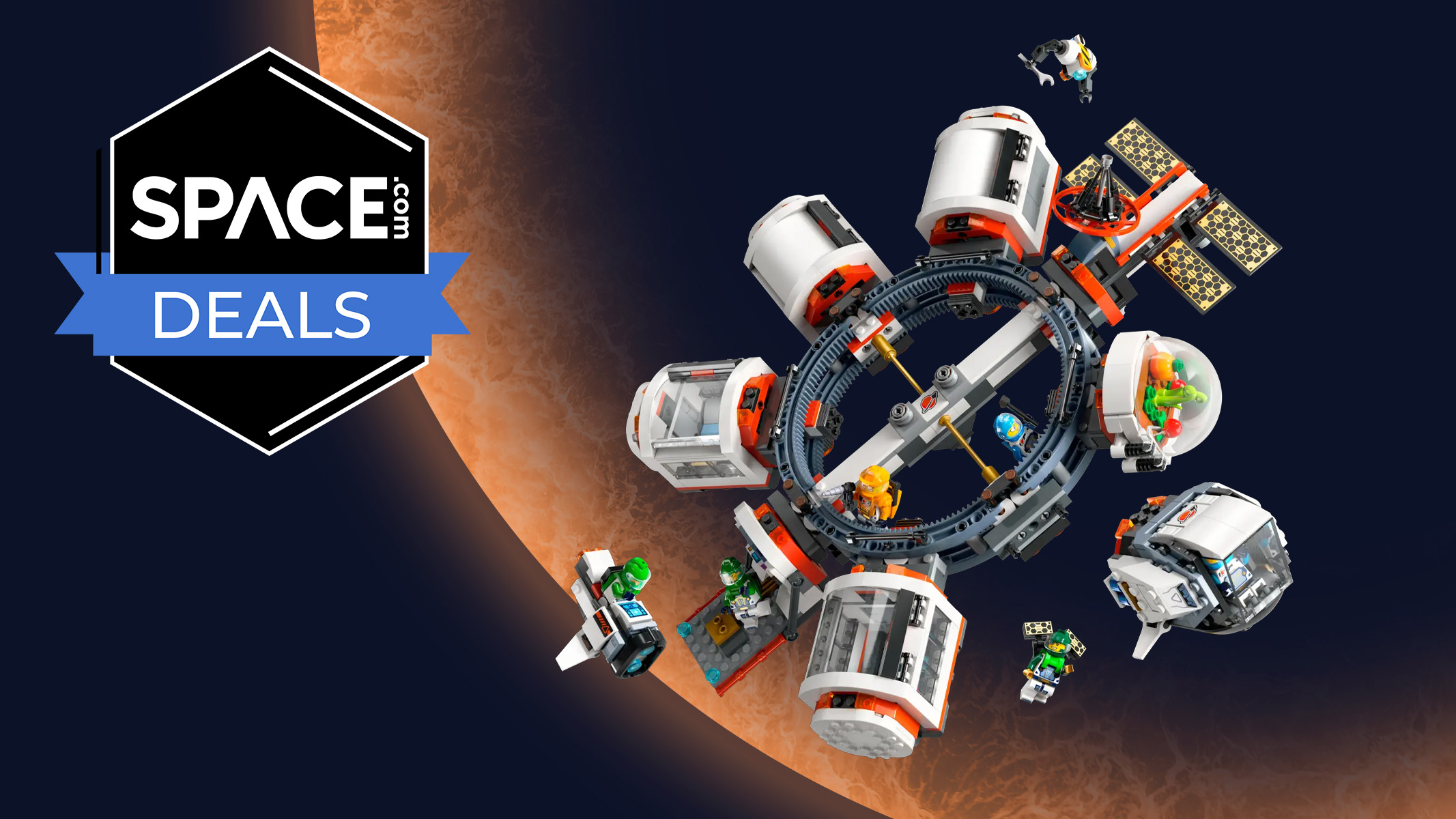
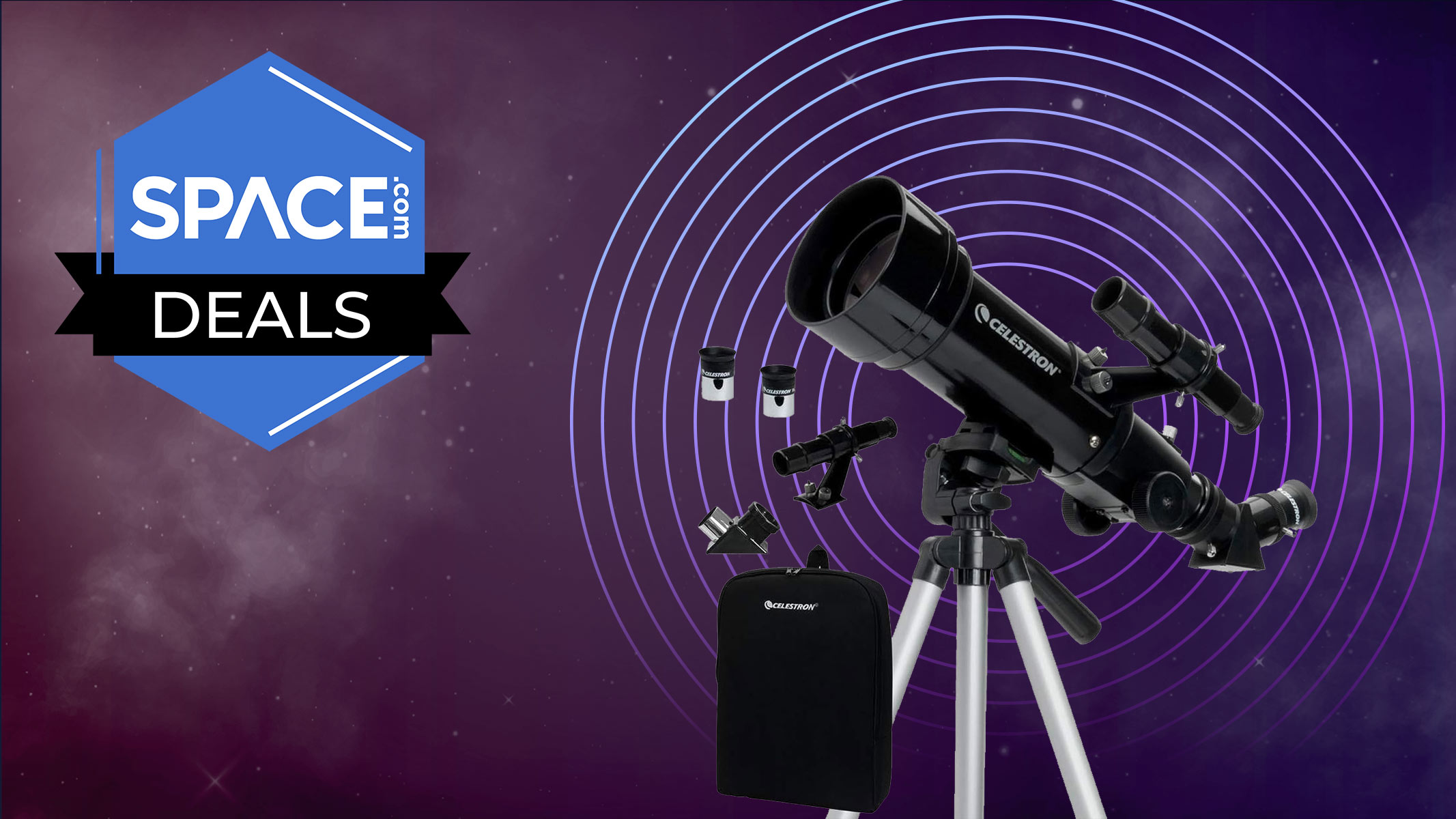
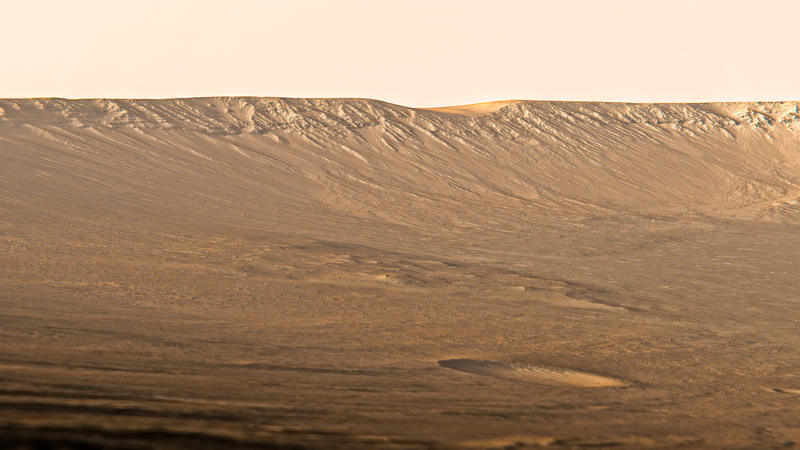
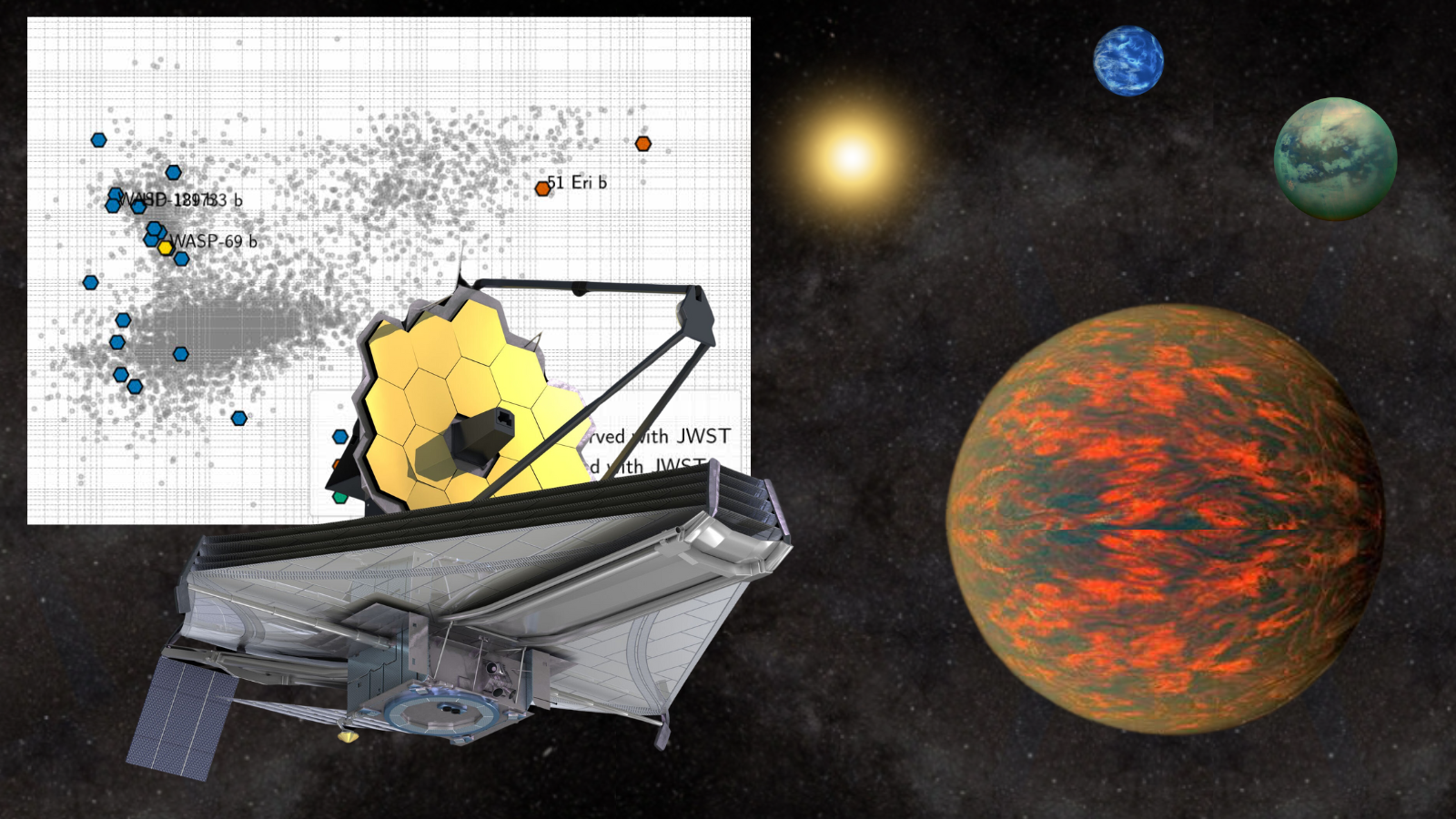




![Kicked Out Of His Seat—Delta Passenger Forced To Move For A Dog [Roundup]](https://viewfromthewing.com/wp-content/uploads/2024/12/delta_dog_in_bulkhead-transformed.jpg?#)
